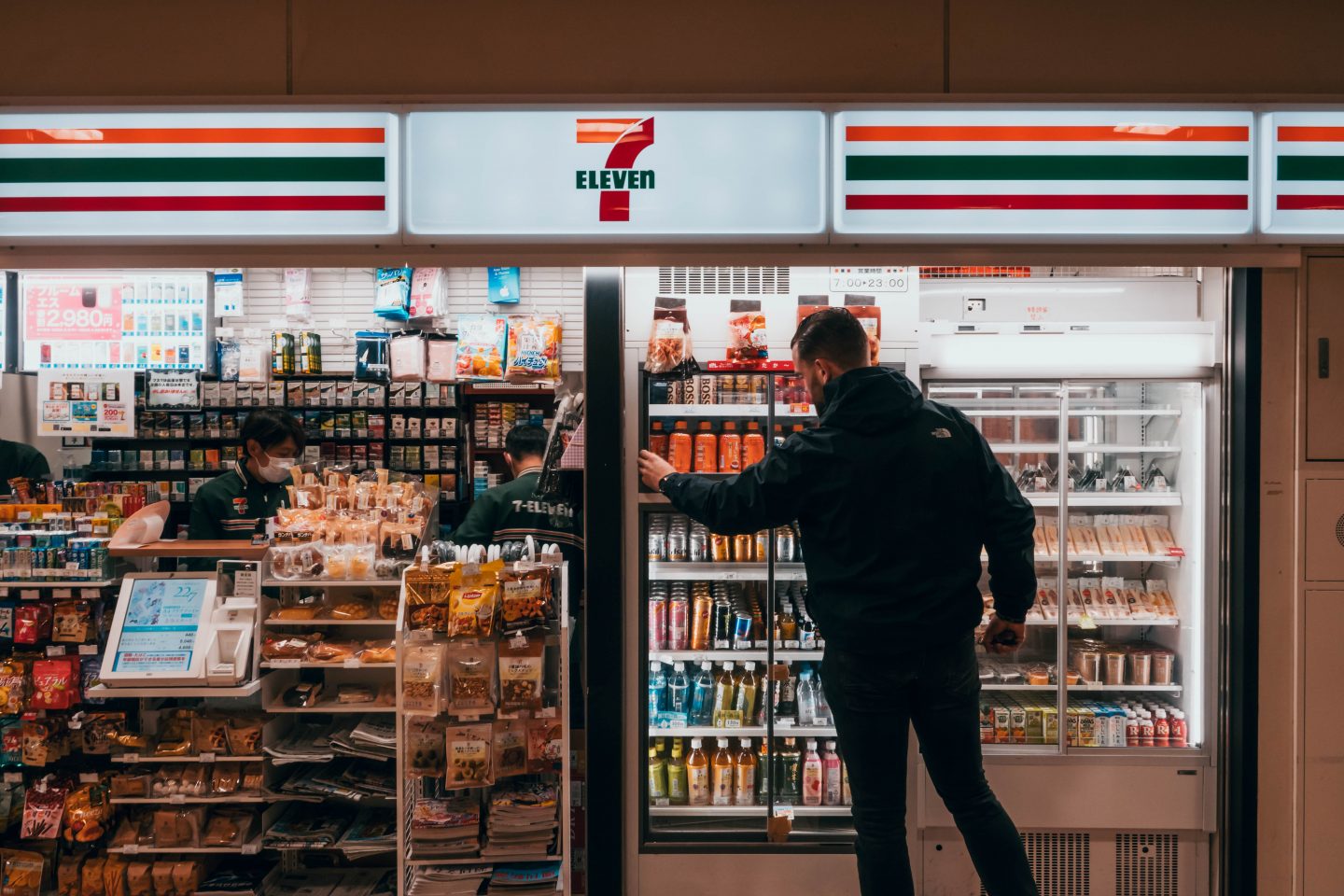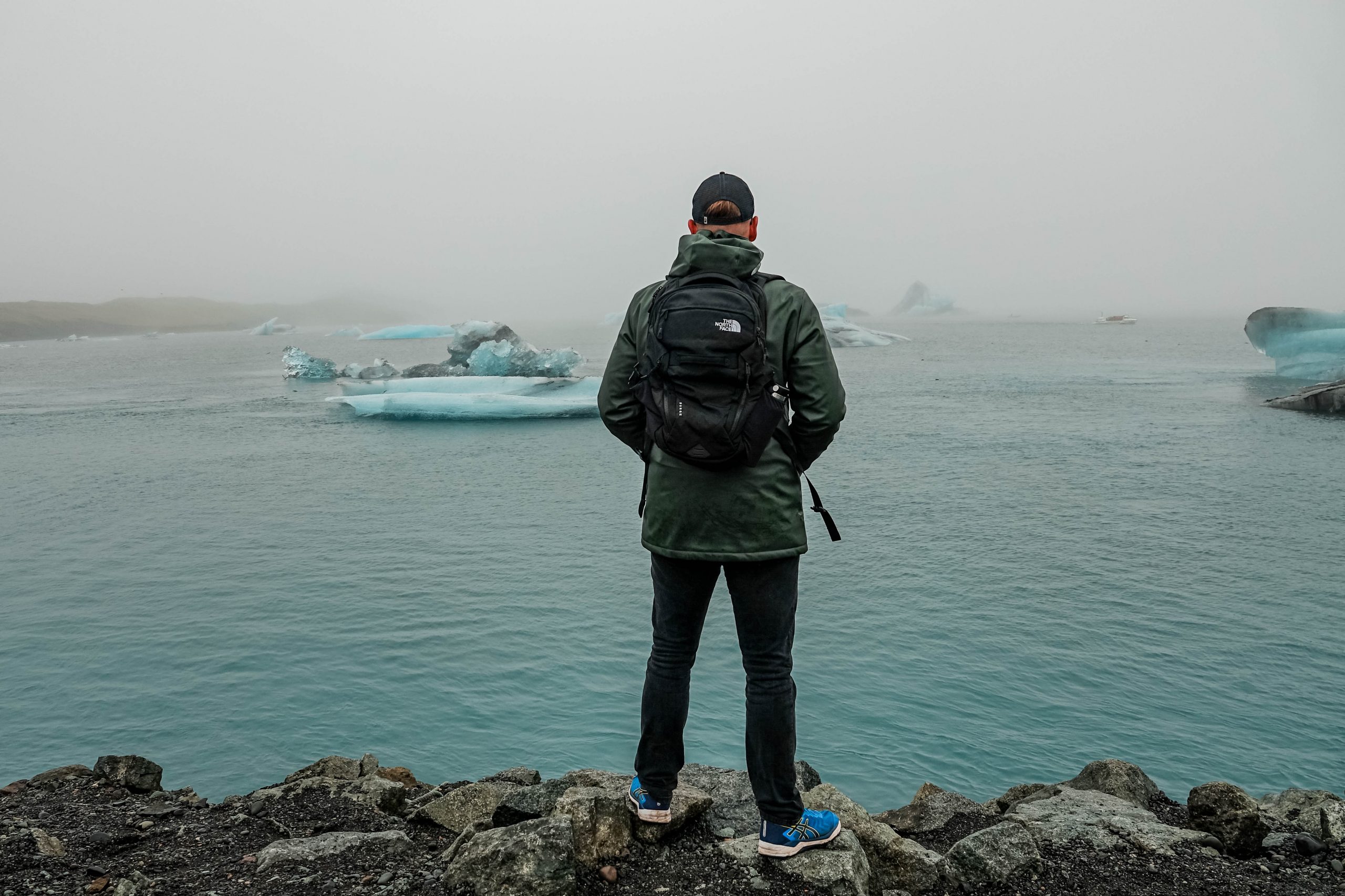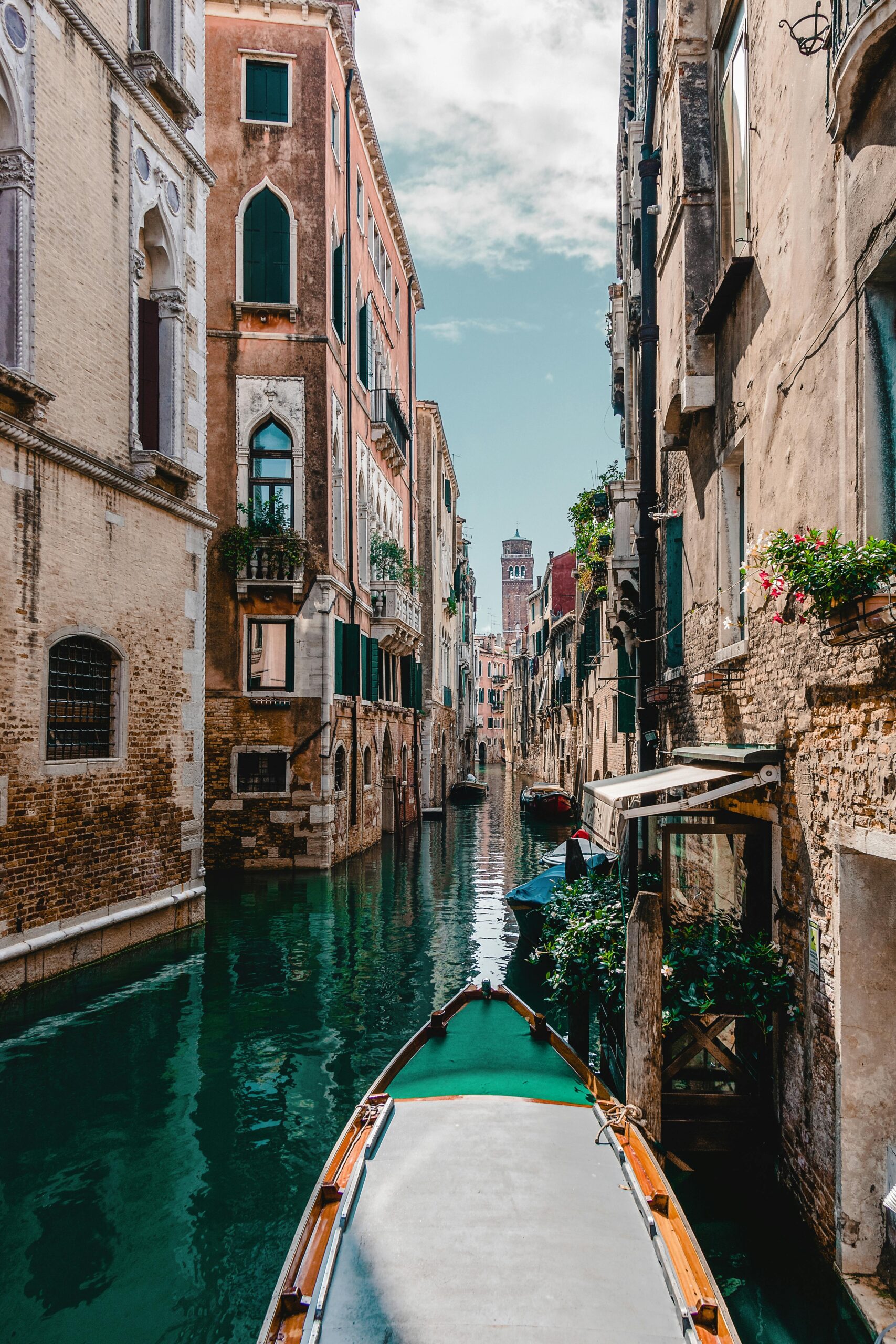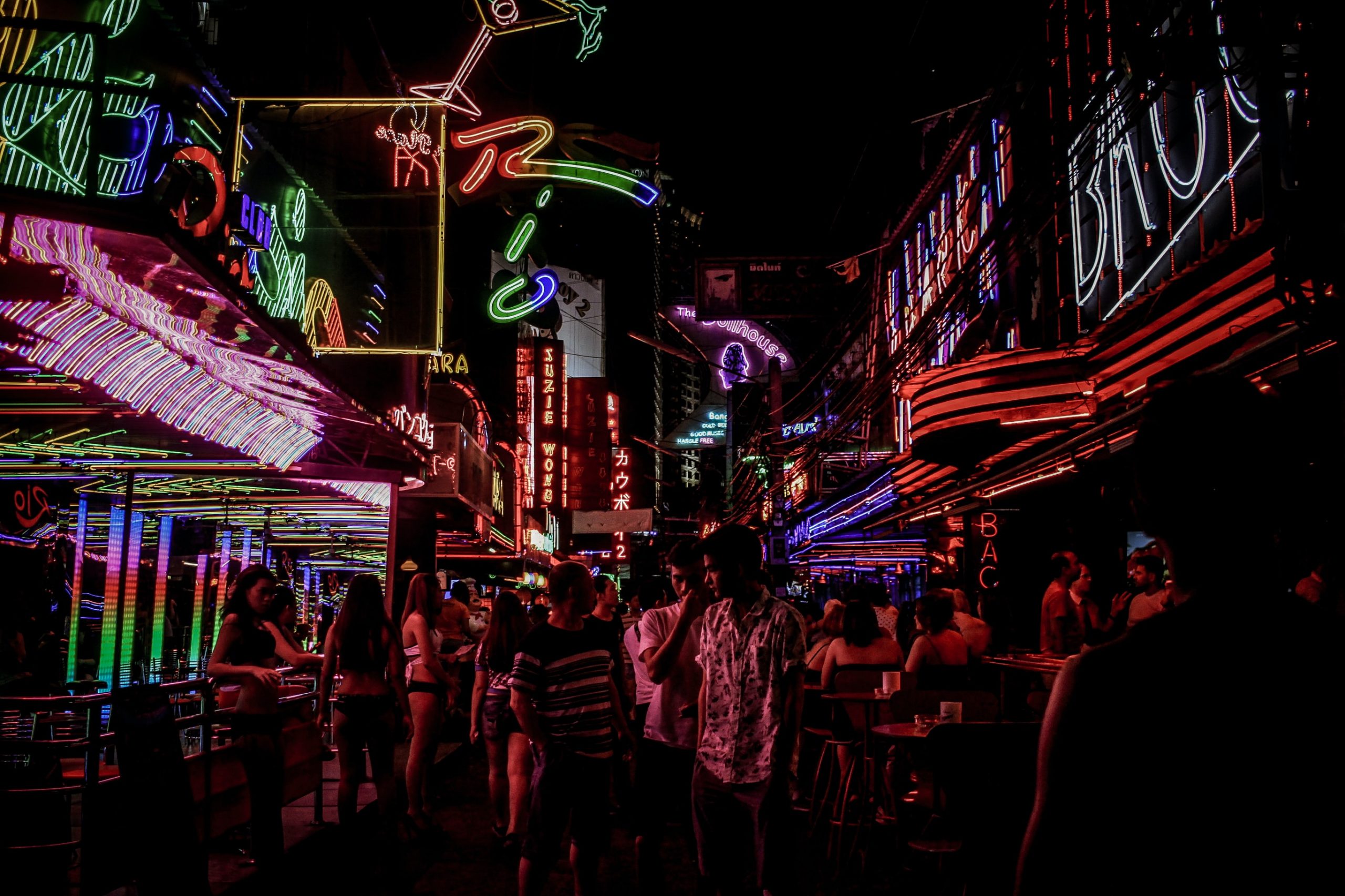Japan, the land of the rising sun, is without a doubt one of our favorite countries we've ever visited. For your preparation as a first-timer, we have listed several things you should know about your visit to Japan.
There is some know-how in advance that you have to take into account when you go to Japan. We traveled around Japan for two weeks and in this article, we have listed several things you need to know before traveling to Nihon (how the Japanese call Japan!).
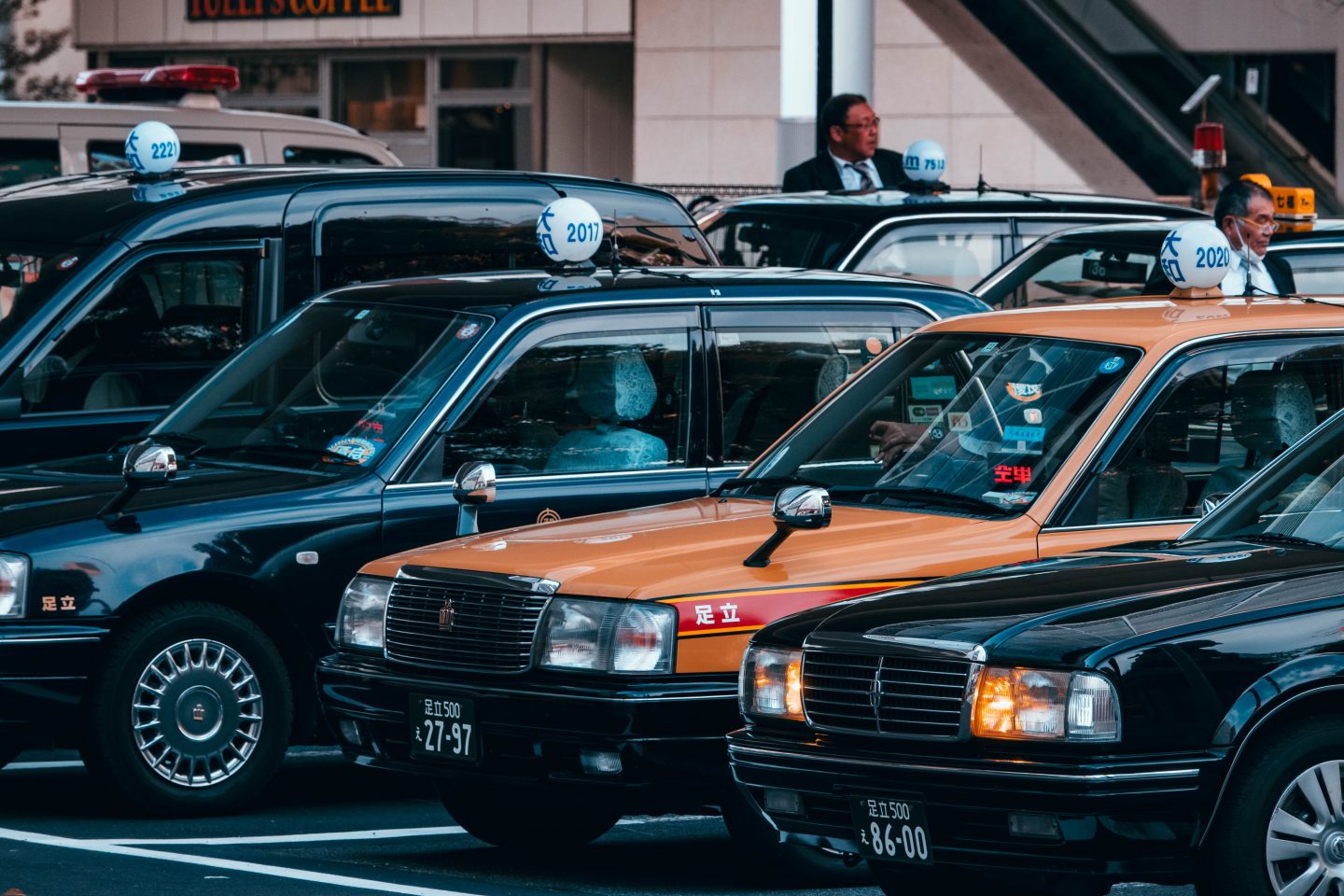
Language
In Japan, they speak Japanese, which is a very difficult language for foreigners to understand and pronounce. Here you can find the most important Japanese words for your trip. We were disappointed that just a few Japanese speak English well. Especially if you are further away from big cities such as Tokyo and Osaka, you will not meet many people who speak English. But the Japanese are very helpful, so you'll work it out. But just in case, download Google Translate for Japanese offline.
Furthermore, all signs at the metro or tourist attractions are indicated in English. And most restaurants also have an English menu.
Continent & timezone
Japan is an island country in East Asia located in the northwest Pacific Ocean. The population of Japan is 125,507,472 (2020). The capital and largest city of Japan is Tokyo. The Tokyo metropolitan area is the world's second-largest metropolis with a population of nearly 40 million inhabitants. The timezone is UTC +9. Here at WorldTimeBuddy you can see what's the time in Japan right now.
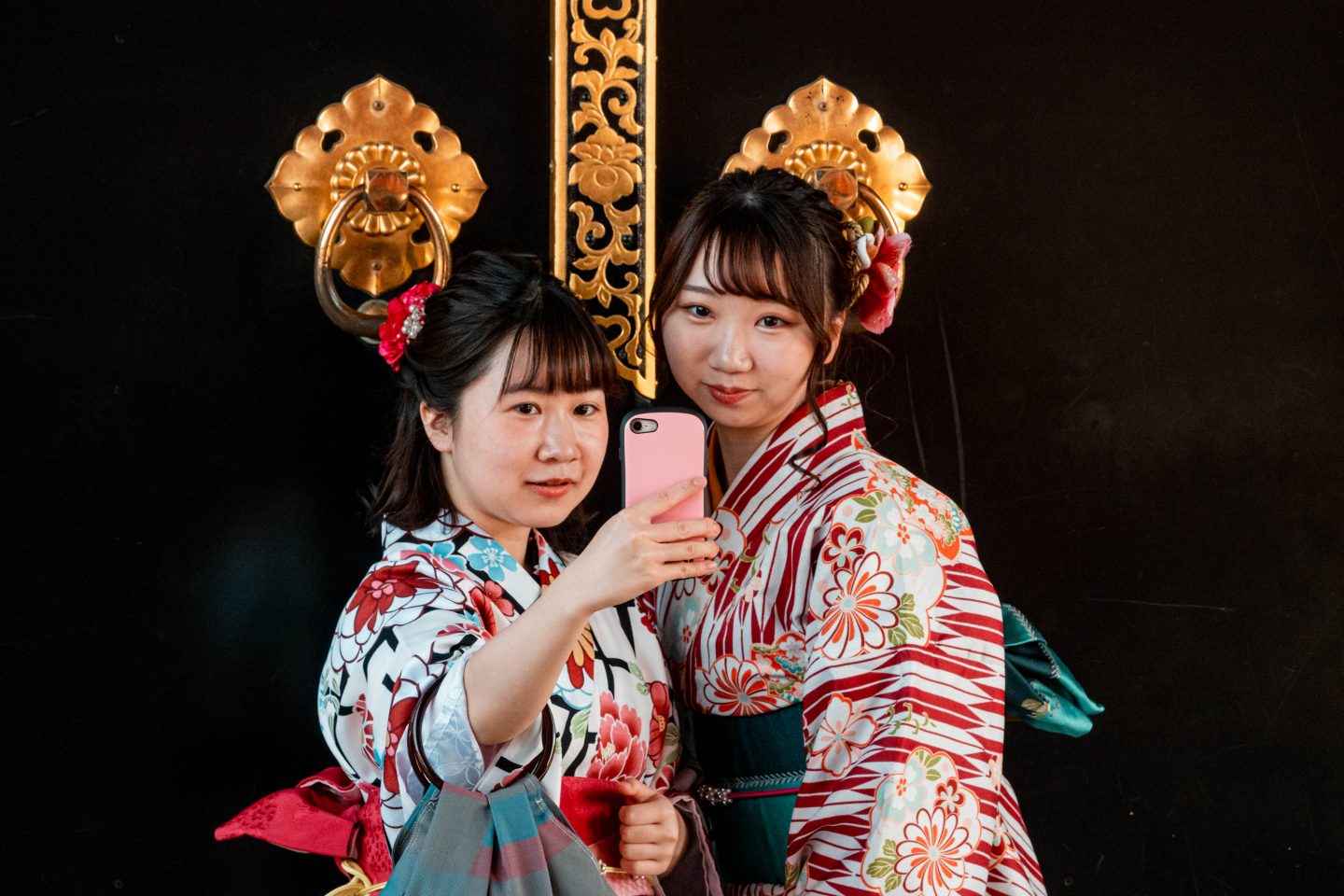
Visa
US citizens can enter Japan visa-free for tourism or business purposes for up to 90 days. All other countries may have other requirements for a visa. There are 68 countries that have exemptions.
Don´t forget one of the most essentials things for your next trip: the right travel insurance! Consider World Nomads or Safety Wings!
Best time to travel to Japan
The best time to visit Japan is in early spring (March-early April) and in autumn (late October-November). Nature is at its best and the weather is pleasant for your trip through the land of the rising sun.
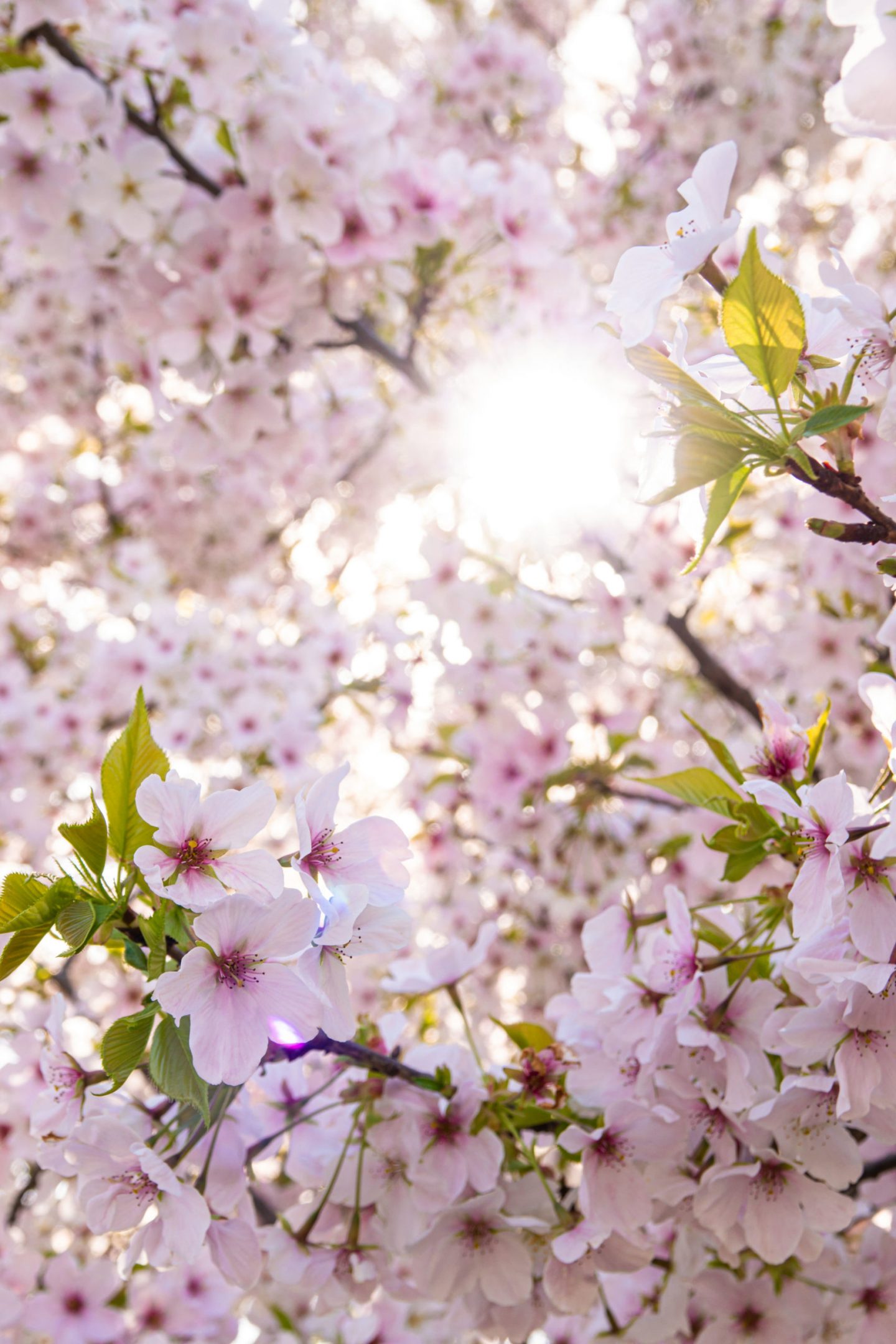
Currency
The currency in Japan is the Japanese Yen (JPY).
Even though Japan is known for its modern and high-tech cities, you still pay a lot in cash in Japan. In hotels and larger restaurants, you can pay with your debit card or credit card. But especially in the small villages, you have to make sure you have enough cash with you. Fortunately, there are plenty of places with ATMs. You can always go to the post offices (open during office hours), in banks like Citibank, and in ATMs in Konbini's such as 7/11 and Family Mart.
At many attractions, you can buy a ticket online, which is useful if you have less cash at that time.
Like almost everything in Japan, there is a small ritual that is useful to know when paying with cash. At the cash register is a money plate where you put the right amount of money. The cashier takes the money and puts the change back in after they have shown how much you will get back. Try to handle everything with both hands as much as possible, which is a polite gesture in Japan. And make sure you don't crumple the notes too much in your pocket. Everything in Japan is appreciated if you treat it properly, it is a sign of respect.
It is quite unusual to tip in Japan. It's a sign that it wasn't good enough. So refer to tipping, just be respectful and thankful for their service (read: a friendly bow and a nice smile work perfectly!).
Safety
Japan is very safe, also for solo (female) travelers. Japan is listed on #9 as the safest country in the world in 2019 with very little crime. The Japanese are very decent and they will leave you alone if you leave them alone. And just like in every country; avoid dark alleyways in the middle of the night in some shady neighborhood.
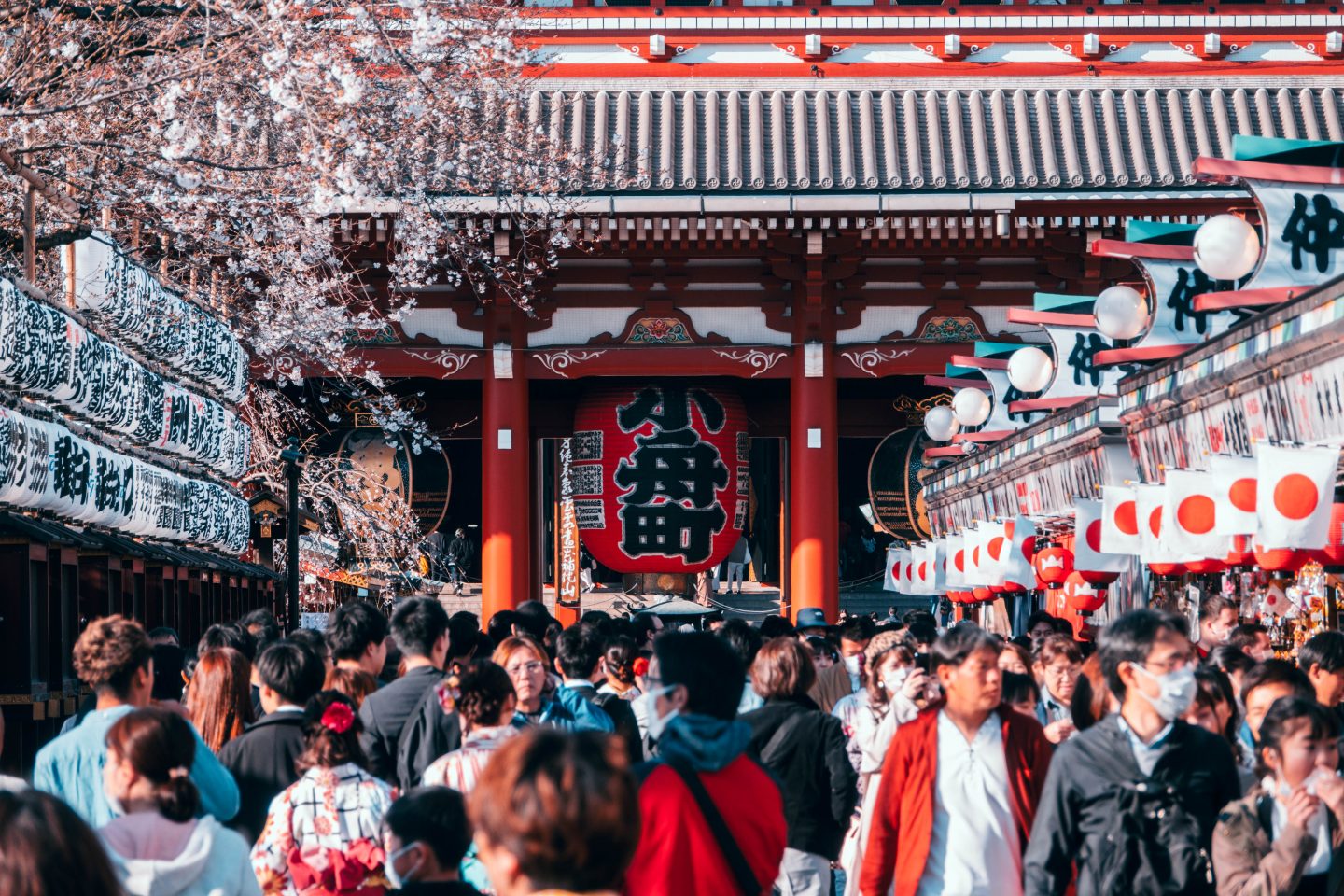
Nothing exciting happens at staring at screens all day, book a flight and hotel today, and live a little!
Culture & Religion
Shinto is Japan's original religion. Shinto consists of nature worship and worship through awe and admiration for all-natural phenomena and the energies behind them. A mountain, a special stone, a waterfall – anything can be infused with a holy and divine presence that becomes worship.
The Japanese almost always practice Buddhism in addition to Shinto. In many Japanese houses, one sees two altars: one for the Buddha and a Shinto one for the ancestors.
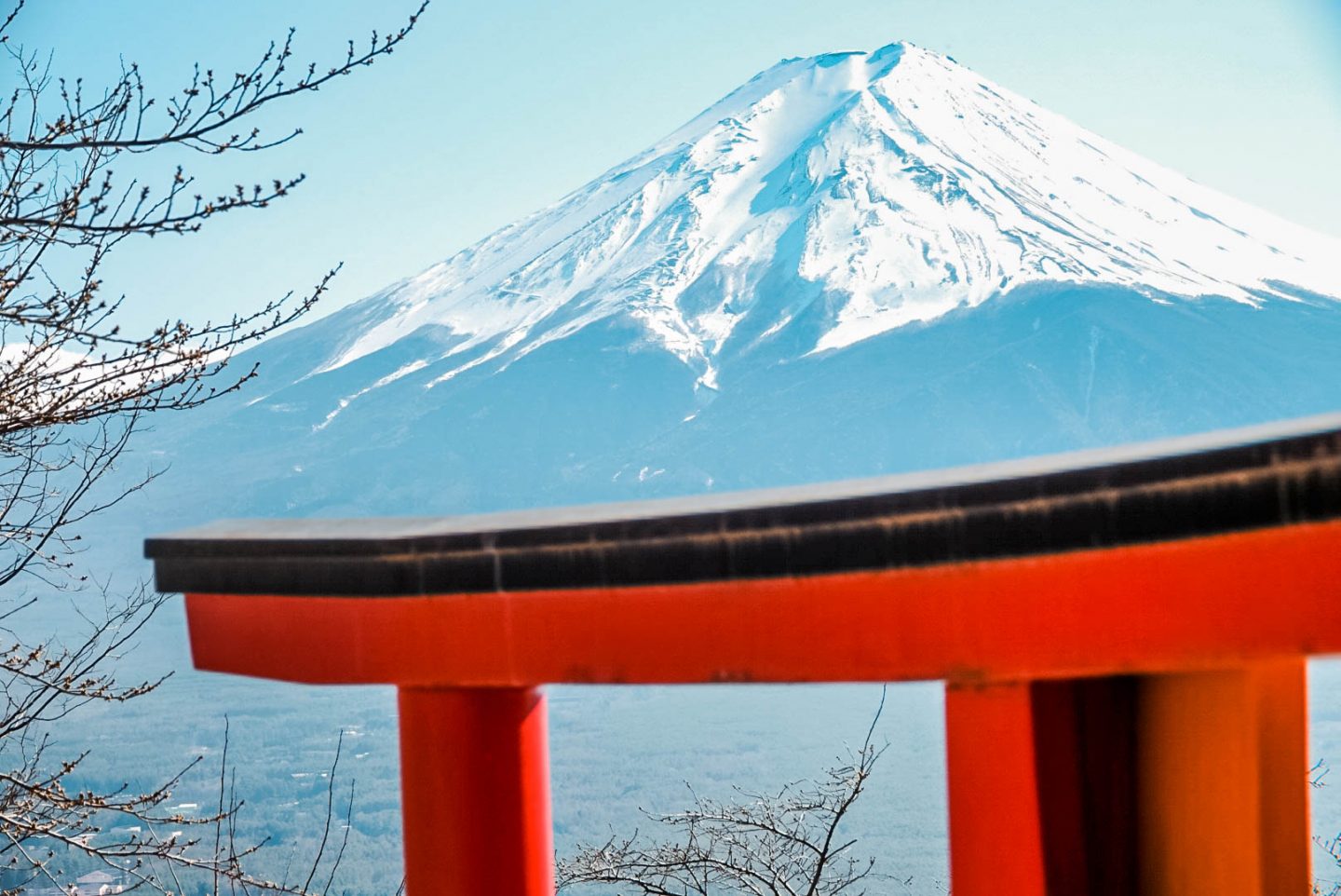
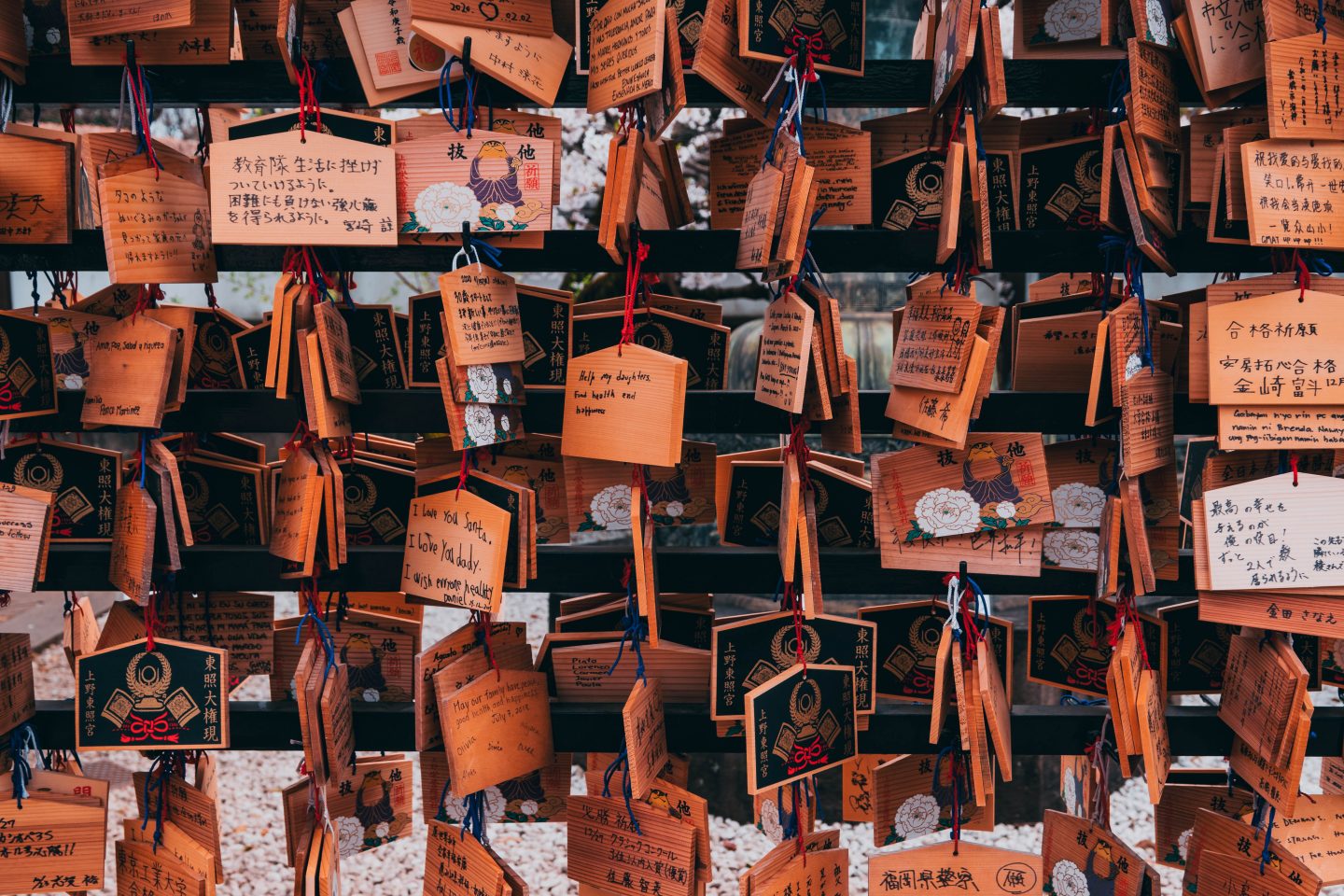
Insider tips for Japan you need to know
>> Tattoos in Japan still have a bad image, but they are already more lenient in policy than before. However, for a lot of Japanese, tattoos remain inexorably linked to the “lower classes” and criminals. We saw a sign at all the onsen we visited that you had to cover your tattoo, but you do get in nowadays. And you hardly see any Japanese with a tattoo on the street. Be aware of this, the tattoos have a turbulent history in Japan due to the Yakuza mafia among others.
>>The grocery store in Japan, also known as a konbini, can be found on almost every street corner in the larger cities such as Tokyo. They are small supermarkets that are perfectly equipped and super neat. Japan can be quite expensive and these pleasant konbinis have fresh and very affordable food. They offer everything you could need. From snacks to a cheap breakfast, or even a full hot meal that is warmed up for you on the spot. The product description is not always in English, so it's a lot of fun to buy something you don't know what it is, but it will always taste great! Also, they almost always have an ATM and free WiFi.
>>The Japanese are super polite and civilized and will always help you (if they are not shy though, some are!). On the subways in Tokyo, there are always people with a vest to help you buy a ticket as a tourist. This country is also super clean and almost everything looks like it's from a movie set. We are really amazed at how sweet, polite, and helpful the Japanese were!
Ooh Japan, we can't wait to visit you again soon…
